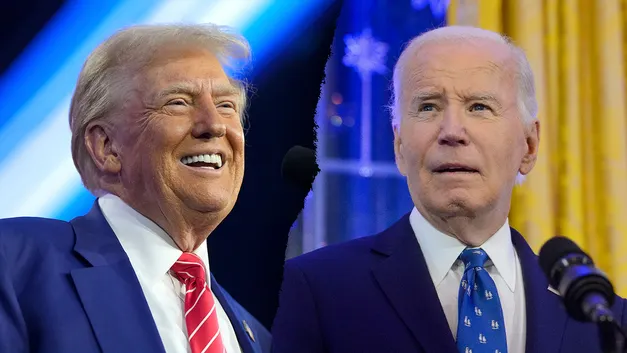
New York Attorney General Letitia James has made a name for herself as a crusading legal firebrand against conservative causes in general and former President Donald Trump in particular.
And yet, few seemed to notice in 2022 when a piece of legislation was slated to take effect just months before this presidential election that would give James what one election attorney called “unprecedented power” in an Op-Ed written earlier this week.
In other words: Get ready for a bumpy ride, New Yorkers, particularly if you live in a swing congressional district.
The controversy involves the John R. Lewis Voting Rights Act of New York, Fox News reported, which was signed by Gov. Kathy Hochul in 2022. It takes effect this Sunday.
Part of that legislation involves requiring preclearance from the attorney general or a court specifically enabled to make decisions under the law if it makes certain changes to the election process.
“Jurisdictions can fall under the new rule’s shadow for multiple reasons — including arrest rates for citizens in ‘protected classes,’” wrote attorney Joseph T. Burns, whose expertise is in electoral legal issues and also has a background in Republican politics, in his New York Post Op-Ed, published Sunday.
And these moves can be more mundane than you might think, precipitated by reasons less malign than you also might imagine.
“If a poll site needs to be moved or a voter list must be culled to removed deceased residents, that jurisdiction’s Board of Elections will have to seek AG approval first,” Burns noted. “More troubling, the law includes a provision that allows the AG to expand the list of local election board functions that will require preclearance.”
In New York state, the elections are generally administered by bipartisan boards in which both major parties are represented equally. However, due to the preclearance regulations, the attorney general who sued both the National Rifle Association and Trump Organization for blatantly political reasons is allowed “unprecedented power over election processes in some of the most hotly contested congressional districts in the nation, including those on Long Island and in the Hudson Valley,” Burns said.
“Our elections — and the public’s faith in them — will not be improved by the AG’s meddling,” he said, comparing the law’s effect to “a political earthquake.”
“Nobody is really talking about it or what a big effect it’s going to have,” Burns told Fox News via phone.
“But it’s interesting because, look, there’s a lot of bad stuff that happens in New York when it comes to the elections and everything else, but this strikes me as being particularly bad. And it’s certainly quite a power grab by the attorney general as well.”
Not only does the move cover New York City and nine of Long Island’s counties, Erie, Monroe, Onondaga and Albany counties in upstate New York are also among the jurisdictions covered.
And, unlike the preclearance that was required by certain states in the South with a history of voter repression during the Jim Crow era, the “four triggers” that make a county a “covered entity” are more mundane than you might think.
For instance, take Erie County, home to Buffalo. The reason that they’re covered under the purview of the act is because of a court order involving a 14th Amendment dispute 10 years ago.
“You think, ‘Wow, this sounds really sinister,’” Burns said. “‘They’re probably doing something. They’re disenfranchising a minority.’”
“No, not at all. What happened was the county executive and the county legislature couldn’t agree on a redistricting plan,” Burns noted. “Something like that would put a local government under preclearance.”
Burns, for his part, says that the worrying thing is the erosion of trust in the system, particularly when it involves the number of swing seats that this law now puts under preclearance.
“It isn’t just bad policy, because it undermines the bipartisan nature of the boards of elections. Which, again, they’re not perfect, there’s so many inefficiencies,” he said.
“But by and large, in this day and age where people are so concerned about election integrity, what’s better than having both sides have a stake in the outcome, both sides wanting to and needing to make sure that elections are run smoothly and fairly? And now you have a partisan elected official stepping in to essentially have a veto power over our boards of elections.”
And not just any partisan official, but one who’s practically been the vanguard of the Democrats’ new lawfare strategy. If this doesn’t scare you, it should.



